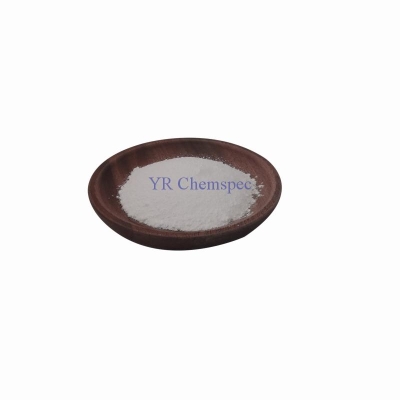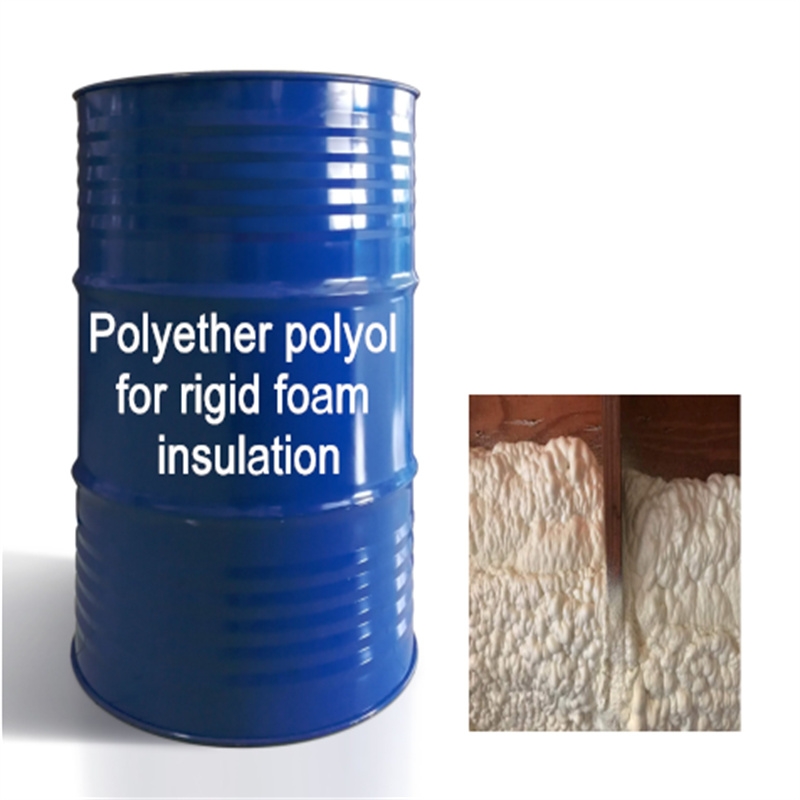-
Categories
-
Pharmaceutical Intermediates
-
Active Pharmaceutical Ingredients
-
Food Additives
- Industrial Coatings
- Agrochemicals
- Dyes and Pigments
- Surfactant
- Flavors and Fragrances
- Chemical Reagents
- Catalyst and Auxiliary
- Natural Products
- Inorganic Chemistry
-
Organic Chemistry
-
Biochemical Engineering
- Analytical Chemistry
- Cosmetic Ingredient
-
Pharmaceutical Intermediates
Promotion
ECHEMI Mall
Wholesale
Weekly Price
Exhibition
News
-
Trade Service
Recently, Professor Liu Runhui's research group at the School of Materials Science and Technology of East China University of Science and Technology has achieved breakthrough results
in the research of anti-adhesion and anti-implantable foreign body reactions.
Inspired by silk protein, researchers designed and obtained a new generation of anti-adhesion and anti-implantation foreign body reaction polymer materials - poly β-serine
with simple structure, good biocompatibility and in vivo stability.
The results were published in German Journal
of Applied Chemistry.
In the field of biomaterials, serious problems such as thrombosis, infection, and foreign body reaction caused by protein adsorption and adhesion of cells, platelets, and microorganisms have caused serious pain to patients and caused huge economic losses
.
Although polyethylene glycol (PEG) is widely used as an anti-adhesion material, studies have shown that PEG is easily oxidatively degraded in vivo and has immunogenicity
beyond what is commonly recognized.
Therefore, finding a new generation of anti-adhesion and anti-implantable foreign body reaction materials that may replace PEG is one of the core scientific problems and challenges in the field of
biomaterials research.
According to reports, the surface modified by poly β-serine can effectively resist the adsorption of multiple proteins, serum contamination, and adhesion of cells, platelets and a variety of microorganisms; No significant foreign body reaction was found after 1 week to 3 months of poly β serine hydrogel implantation in mice, which was significantly better than that of the PEG implantation control group
with significant foreign body reaction.
For the first time, the researchers proposed the hypothesis of "double hydrogen bond hydration" to explain the excellent anti-adhesion and anti-implantation foreign body reaction properties of poly β serine, which was verified
by computational simulations.
Experts said that such new anti-adhesion and anti-implantable foreign body reaction polymer materials are expected to be used to solve the common problem of foreign body reaction of implant materials in clinical practice, and have broad application prospects
in implant materials and devices, drug delivery and other related fields.







